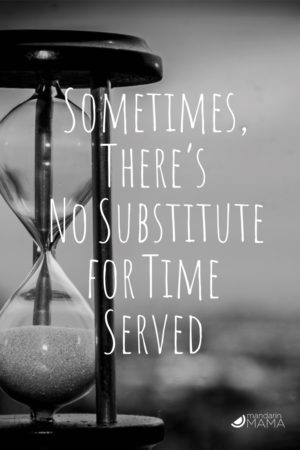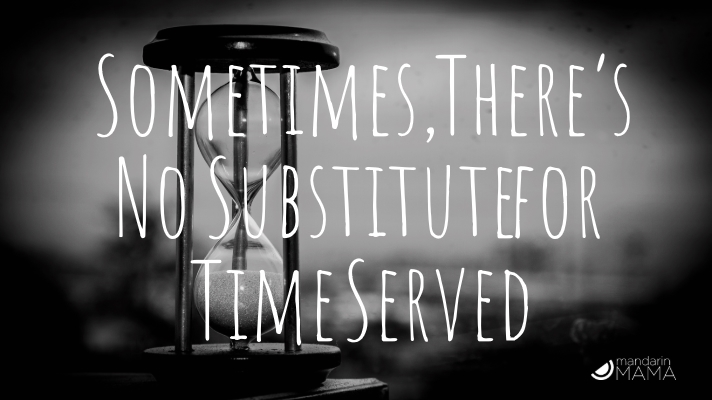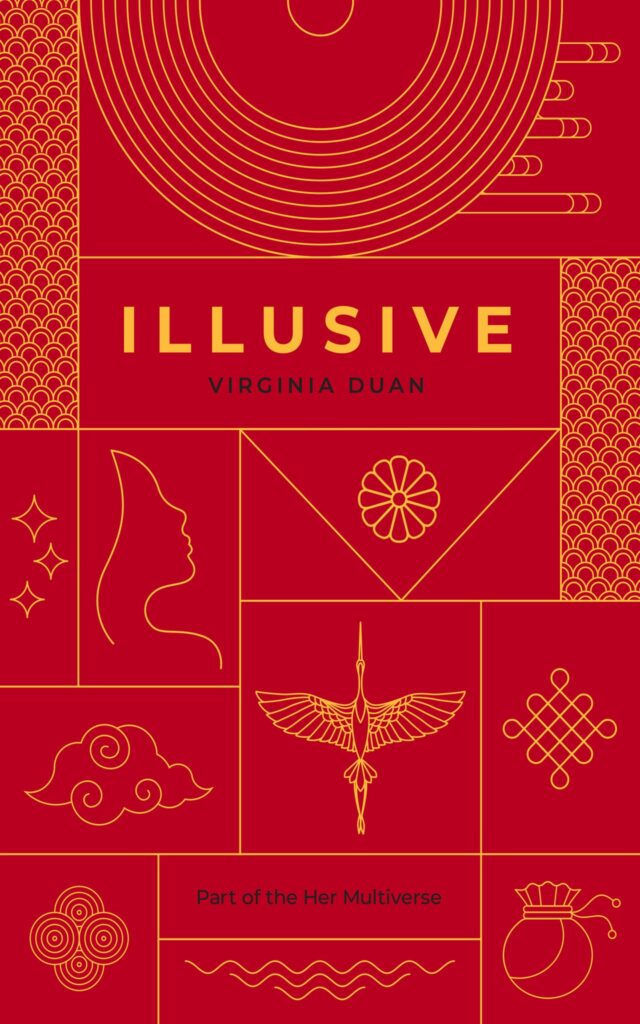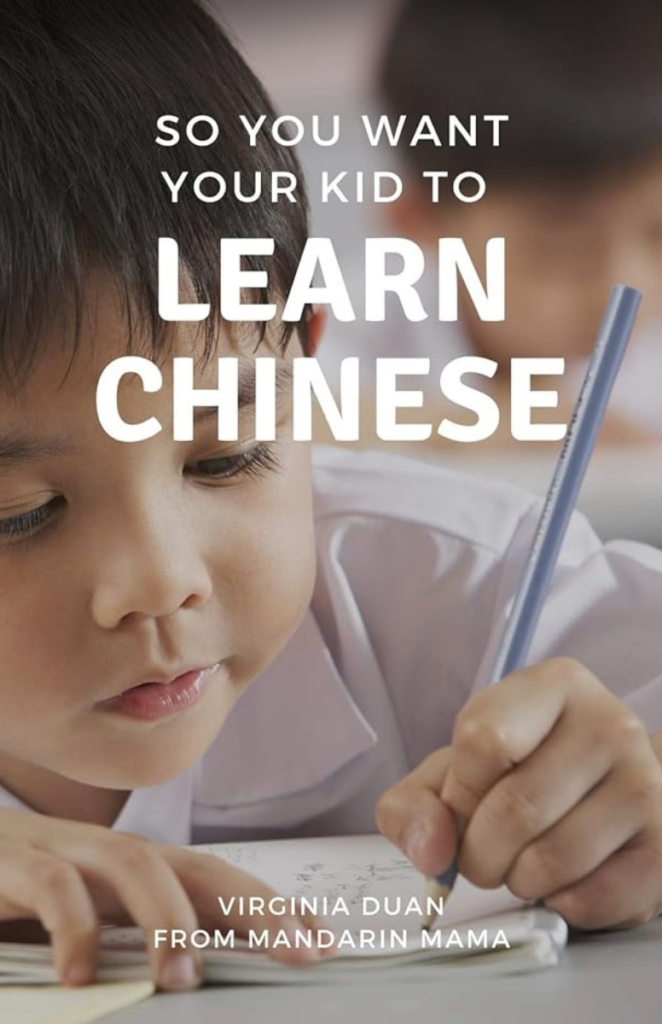
This post was sponsored by Sagebooks. All opinions are mine and mine alone. This post also uses affiliate links.
I am about to tell you something that perhaps gives you way too much of a glimpse into the sad, inner workings of my semi-delusional mind. I promise it has something to do with learning Chinese – although there is a lot of meandering before we get to the main point.
Don’t judge me.
As many of you know, I’m obsessed with BTS, a Kpop boy band that is taking over the world. And because I’m an easily addicted soul at heart, I now eat, breathe, and think about BTS every single waking moment. They are my new religion.
Yes, yes. It’s sad. (But also, so delightfully pretty!!)
A side effect of my rampant BTS mania is me daydreaming about how I, too, could somehow be friends and part of BTS’s world. This may be surprising to many of you long time readers since I am capable of ruining any fantasy within 60 seconds due to my slavish attention to detail and desperate need for plausibility.
Yes, I spend more time on the back story than the story itself. I can’t help it. Even my fantasies need an extremely high dose of reality.
At any rate, somehow, I decided that in this personal fan fiction, I would have to be aged down a bit since I’m sorry, I cannot fathom a world in which a married, 40 year old Taiwanese American woman with 4 children somehow becomes a Kpop star who is also BFFs with BTS.
MY IMAGINATION IS NOT ROBUST ENOUGH.
Anyhow, I shaved 15-20 years off my age but still wanted to retain my general musical tastes and abilities in an early 20 year old’s body when I realized, it was physically impossible.
And that’s when it hit me: the same goes for Chinese Immersion.
Stick with me a bit more, if you don’t mind.
It’s physically impossible for a 23 year old version of myself to have the same musical depth and breadth as I do because most of my musical repertoire was earned and built into my muscle memory through the sheer passage of time and constant repetition.
There is no way to cram for this.
At best, a 23 year old me would know the top hits of the 90s and maybe the 80s, too. Perhaps some classical music because I’m Asian and we do that.
But the 40 year old me knows way more than that.
The 80s, 90s, 2000s, and 2010s were the soundtrack to my youth and young adulthood. I have listened to popular radio for over 3 decades. My knowledge spans Broadway musicals, Chopin, Erasure, The Cure, Tori Amos, Radiohead, Garth Brooks, “Oldies” music from the 50s and 60s, choir music, band music, R&B, hip hop, alternative and mod rock, Christian praise music, hymns, Lauryn Hill, Justin Timberlake, Luciano Pavarotti, popular movie scores, Kpop, and everything in between.
Throw in my many periods of listening to albums and B-sides on repeat for weeks at a time multiplied by DECADES – it would be an actual physical impossibility for a 23 year old to replicate.
I know I’m not special. I fully acknowledge that the majority of people my age have this same experience.
That’s precisely my point.
And this is where I bring it back to Chinese and another long, drawn out analogy.
Sometimes, there are no shortcuts to Chinese fluency. You just have to put in the time.
Yes. Like a prison sentence.
I wish I were kidding. It really does occasionally feel like a prison sentence – and yes, also due to my poor life choices.
This is not to say there aren’t more efficient or productive means of learning Chinese in terms of making the most out of your time, but ultimately, that’s what fluency requires.
Time.
To further my prison term analogy, (because if there’s anything I love, it’s beating a metaphor to death while I mix them), you can use your time in prison to better yourself in the event of your eventual release, you can use your time to further entrench yourself in the criminal underworld, or you can use your time to gather evidence against the prison warden’s money laundering while you slowly dig a hole in the wall with a rock hammer.
It all takes time.
And Chinese fluency takes time. Yes, you can cram a bunch of Chinese words and characters into your children’s brains and they may pass that assessment exam or whatever metric you’re using. But ultimately, fluency, true fluency, where you are comfortable with conversations that go off script, can catch and understand jokes and pop cultural references, and are at ease in the language – that can only be accomplished by time.
And not just ANY time. Chinese time. (Sorry, all I can hear now is, “Hammer time! Uh oh, uh oh, uh oh!”)
That’s why I talk so much about what Oliver Tu calls the Chinese Language Ecosystem (CLE) in my interview with Chinese American Family. It takes time and concerted effort to produce Chinese fluency in a non-Chinese environment.
How long did it take you to learn English?
I would argue that you are continually learning it, even now, as an adult. You are constantly adding to your English vernacular via television shows, music, pop culture references, the news, work, medicine, and technology. Since you’re old (well, I’m old), and have been speaking English for most if not all your life, the percentage that is newly added will be minuscule compared with what you already knew.
Your English fluency is a fluid and dynamic thing.
Same thing with Chinese fluency.
[socialpug_tweet tweet=”I hate to break it to you, but sometimes, there are no shortcuts to #Chinesefluency. You just have to put in the time. Yes. Like a prison sentence. #teachkidschinese #keepingit100 #mandarinmama” display_tweet=”I hate to break it to you, but sometimes, there are no shortcuts to Chinese fluency. You just have to put in the time. Yes. Like a prison sentence.”]
My Chinese fluency certainly is fluid and I am adding more to my own than I ever thought possible at this middle-to-late age because I want this for my children. This should both comfort you and make you sad.
Comfort because it truly is never too late for your children because learning Chinese does not stop when they leave your house for college. Sad because I just really want to speak English already.







